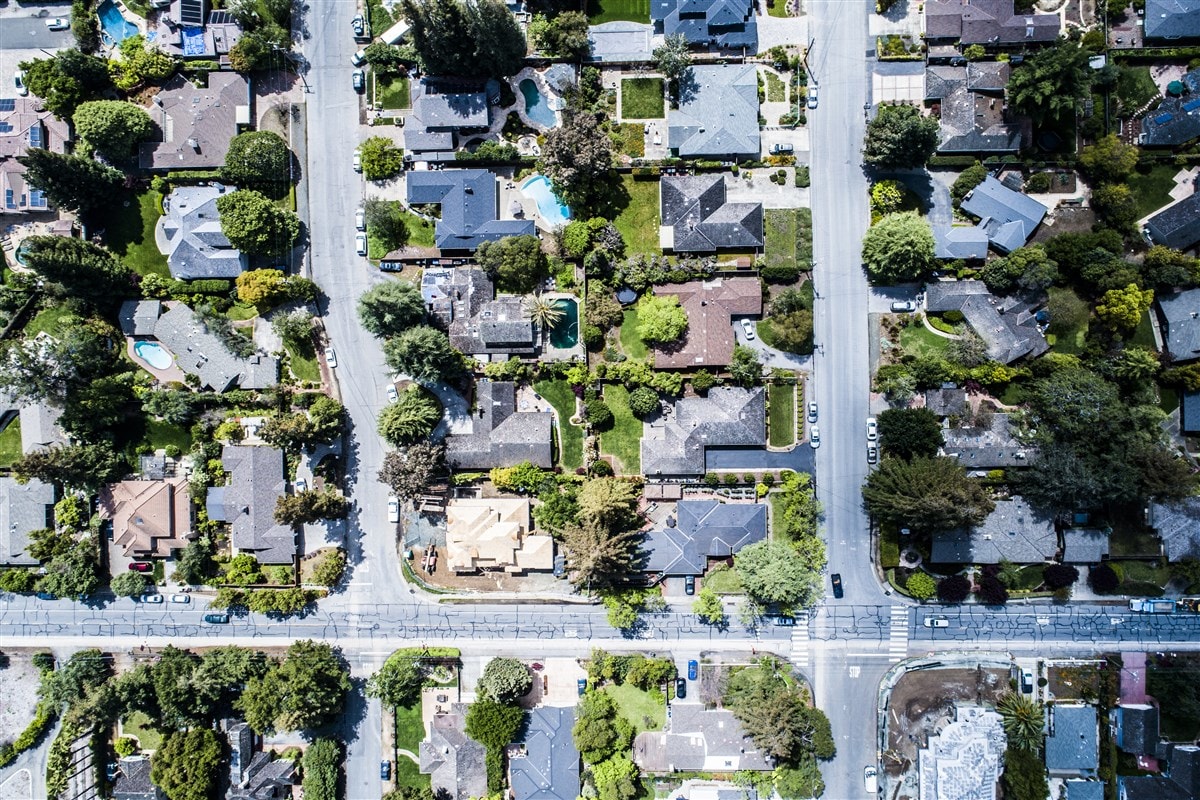Whether you are looking for a lot to build your house on, or you already own the lot, zoning will be an important item to take into consideration.
Hillsborough County describes zoning as “how land is currently being used and how it will be used in the future. The goal is to provide for public safety and protect the character of neighborhoods.” Municipalities divide up the land into zones for residential, commercial, industrial and other uses. Each zone has a map of the geographic area and a set of rules and guidelines about what and where structures and pavement can be placed on the land. Zoning rules may prevent someone from building a five-story apartment complex on the lot next to you, but it will also dictate if and where you can put a two-story detached garage on your property.
Some municipalities, like the City of Tampa, have district overlays. The district overlays include additional zoning requirements for a specific neighborhood. These overlays are usually in areas with historical buildings, such as Ybor City. City of Tampa says “the effect of an overlay district will be to encourage property development which will maintain the unique characteristics of the area.”
The zoning codes include setbacks and minimum lot sizes. Setbacks are the minimum feet from the front, rear and side lot lines that you can place a structure. For example, in Hillsborough County, a carport needs to be at least 7 feet from the side lot line.
Minimum lot size requirements are important if you are thinking to subdivide your property to build multiple houses. If your property is zoned single-family residential (R-2) in Pinellas County, each lot will need to be a minimum lot size of 9,000 square feet, and will have front and rear yard setbacks of 25 feet, and side yard setbacks of 7.5 feet.
Zoning rules are complicated, but the experienced builders at All State Homes know this code well. Contact Us to learn more about the zoning for a property you are interested in building on.

